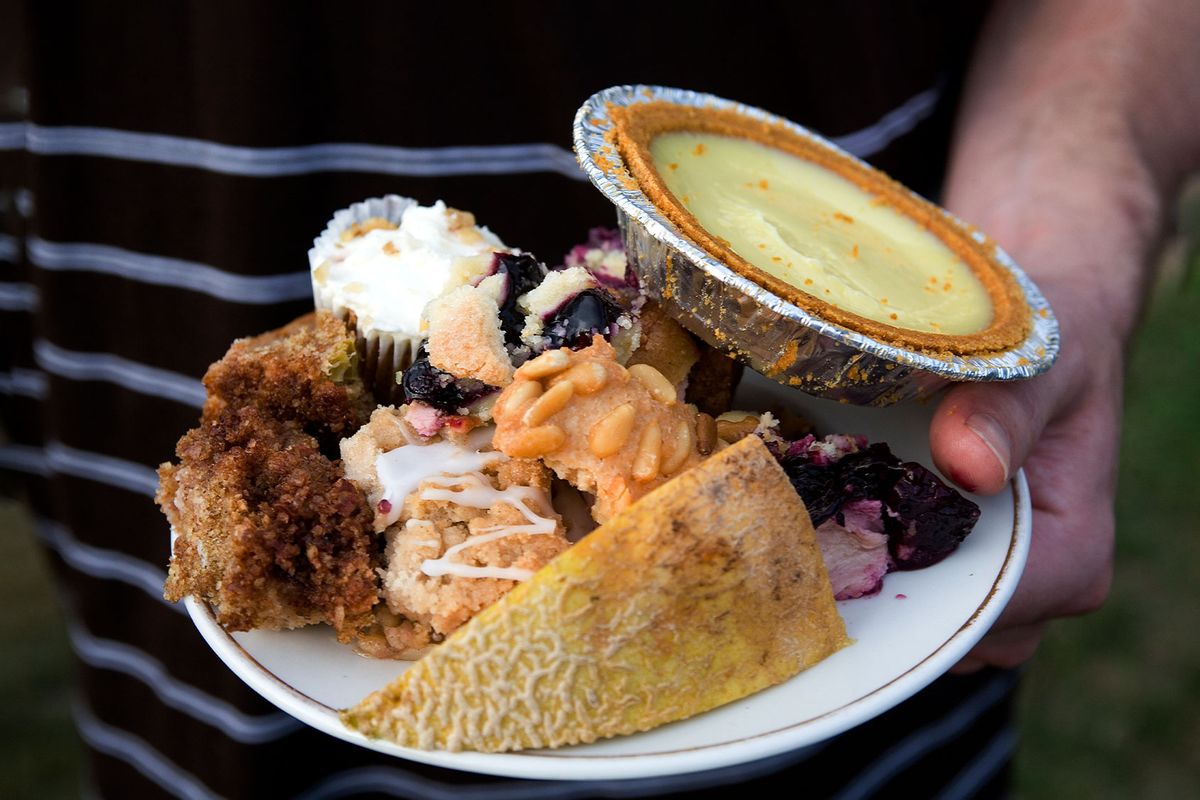As the fears regarding the hidden ingredients and potentially nefarious inclusions in our everyday food accumulate — from dark chocolate to spices and even baby food — many new studies have validated concerns involving our daily food and beverage consumption.
A study conducted in the UK and published in Lancet's eClinicalMedicine journal earlier this week has shown that a connection exists between eating ultraprocessed foods and cancer risks, especially in regards to both ovarian and brain cancers.
Adela Suliman at The Washington Post writes that "of the 197,426 individuals [in the study], some 15,921 people developed cancer and 4,009 cancer-related deaths occurred."
The study "looked at the association between eating ultraprocessed foods and 43 different types of cancer over a 10-year period." According to a statement by Imperial College London, "each 10% increase in ultraprocessed food consumption was associated with a 2% increase in developing any cancer, and a 19% increased risk for being diagnosed with ovarian cancer."
Perhaps the most staggering statistic in the study, though, reflects that the risk of dying from ovarian cancer rose by 30%:
"Every 10% increment in [ultraprocessed] food consumption was associated with increased mortality of overall cancer by 6%, breast cancer by 16%, and ovarian cancer by 30%," said the statement.
Simon Steenson, a nutrition scientist at the British Nutrition Foundation, said that outside of cancer risks, there's also a higher risk of "obesity, heat attacks, stoke, and type 2 diabetes" correlated with ultraprocessed food consumption.
Want more great food writing and recipes? Subscribe to Salon Food's newsletter, The Bite.
The study reported that "participants with highest compared with lowest [ultraprocessed food] consumption ... were younger and less likely to have a family history of cancer."
According to The Print, Dr. Eszter Vamos, the lead senior author of the study, said that "Although our study cannot prove causation, other available evidence shows that reducing ultra-processed foods in our diet could provide important health benefits. Further research is needed to confirm these findings and understand the best public health strategies to reduce the widespread presence and harms of ultra-processed foods in our diet."
So what can be done?
"We need clear front-of-pack warning labels for ultraprocessed foods to aid consumer choices," Dr. Kiara Chang, the first author for the study, told The Print. "Lower income households are particularly vulnerable to these cheap and unhealthy ultra-processed foods. Minimally processed and freshly prepared meals should be subsidised to ensure everyone has access to healthy, nutritious and affordable options."
While Suliman reports that "Brazil has banned the marketing of ultraprocessed foods in schools, while France and Canada have pushed to limit such foods in their national dietary guidelines," it remains to be seen what laws or regulations the United Kingdom, the United States or other countries might enact in order to curb the potentially harmful effects of ultraprocessed foods.

Shares